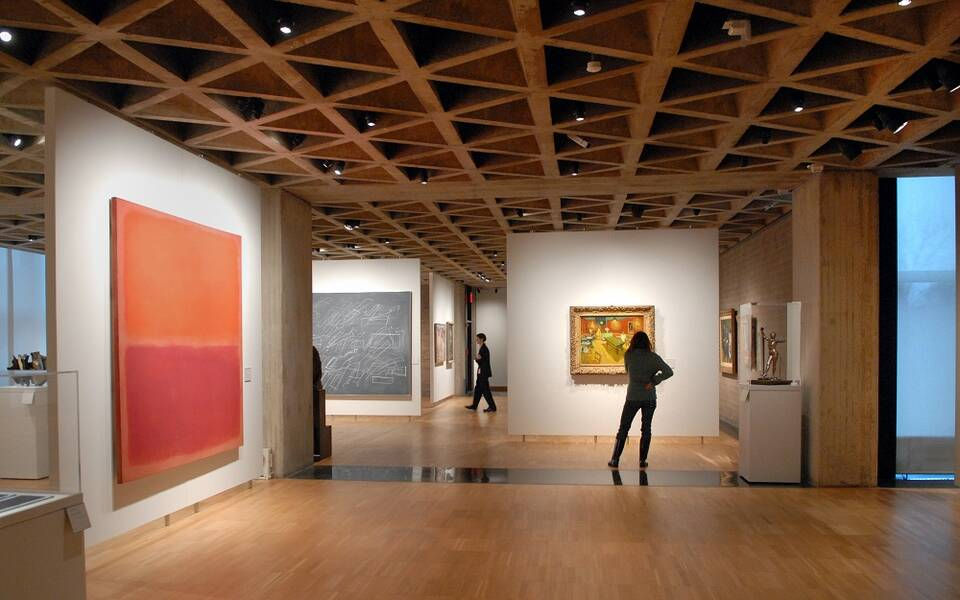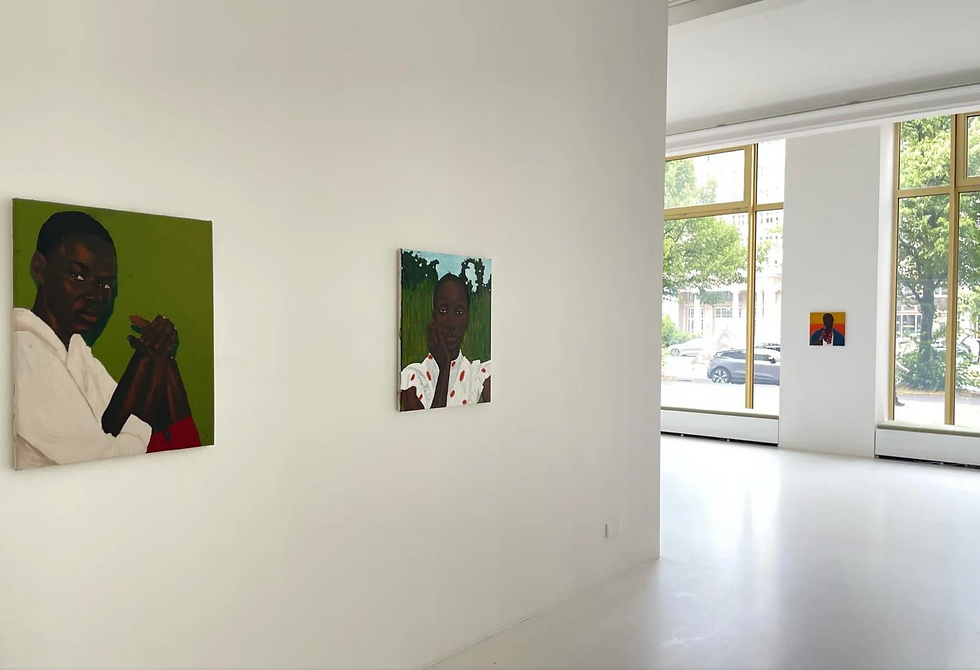Yale University Art Gallery Withdraws Federal Grants for African Migration Exhibition Over Anti-DEI Restrictions
- Art Report Africa

- Jun 22, 2025
- 2 min read
The Yale University Art Gallery has withdrawn two federal grant applications intended to support its upcoming African art exhibition, citing new restrictions on Diversity, Equity, and Inclusion (DEI) programs imposed by the Trump administration.

The exhibition, scheduled to open in Fall 2026, explores the historical migration of Nguni peoples from southeastern Africa. To support the project, the gallery had sought $100,000 each from the National Endowment for the Arts (NEA) and the National Endowment for the Humanities (NEH). Both applications have now been retracted due to stipulations in the federal grant compliance requirements.
According to Roland Coffey, director of communications for the Yale University Art Gallery, the museum objected specifically to a clause requiring applicants to confirm that their programs promoting DEI “do not violate any applicable federal anti-discrimination laws.” In a statement to Connecticut Insider, Coffey confirmed that this language prompted the gallery to withdraw its applications.
The museum has since announced it will cover the exhibition’s $200,000 cost by drawing from its institutional endowment and seeking private funding. Yale University, whose overall endowment reached $46 billion in the 2024 fiscal year, has previously stepped in to bridge similar funding gaps.
This is not the first time the gallery has disengaged from federal support due to new policy mandates. Earlier this year, the NEA rescinded a $30,000 grant intended for the gallery’s fall 2024 exhibition Nusantara: Six Centuries of Indonesian Textiles. That project is still moving forward, backed by the Robert Lehman Endowment Fund.
Since returning to office, the Trump administration has introduced a series of changes aimed at reshaping the federal cultural funding landscape. These have included the redirection of public arts funding into politically aligned projects—most notably, the proposed $40 million “National Garden of American Heroes”—as well as proposed staffing cuts and structural reductions across agencies like the NEA and NEH.
In April, the NEH announced that all future grant recipients must ensure that their projects “do not promote a particular political, religious, or ideological point of view and must not engage in political or social advocacy,” signaling a broader shift in how public funding for the humanities will be allocated moving forward.
Despite the loss of federal support, the Yale University Art Gallery remains committed to presenting the Nguni migration exhibition on schedule. The decision to self-fund reflects a growing trend among major institutions weighing the implications of accepting public funding under increasingly restrictive conditions.
alleries in a cycle of precarious investment with uncertain returns.














Comments